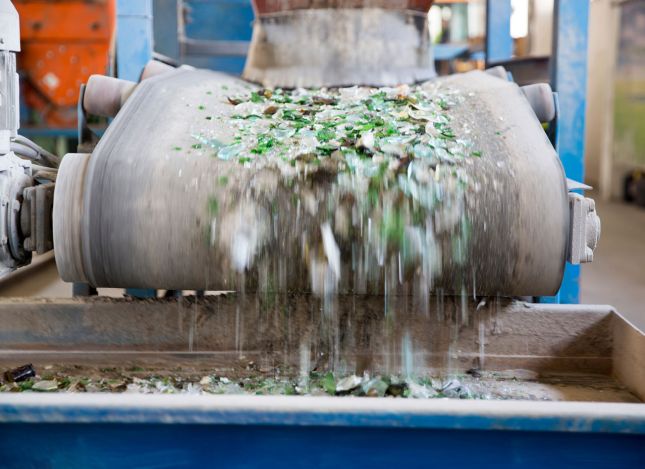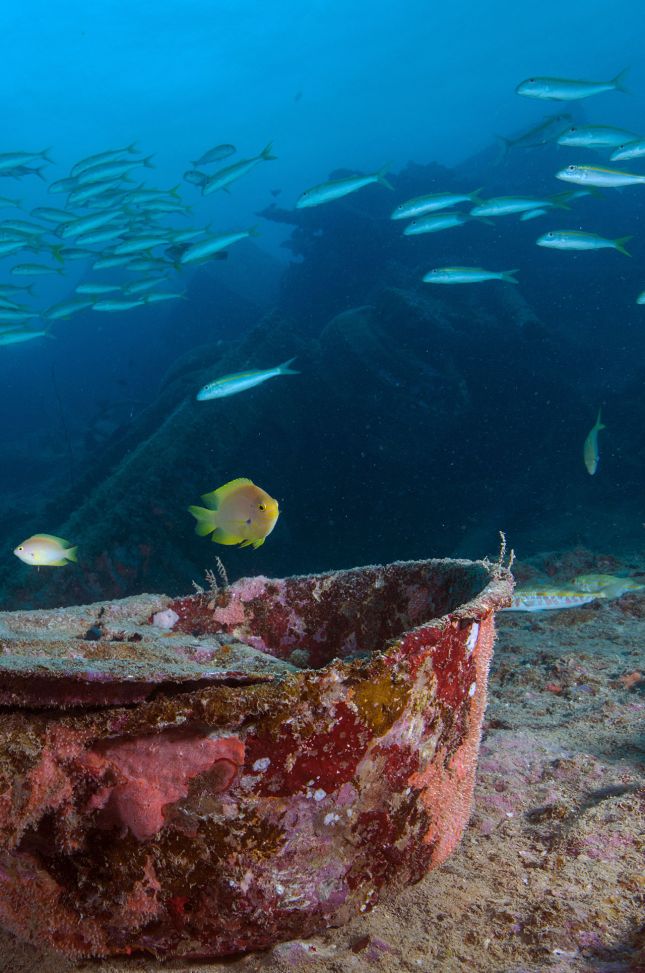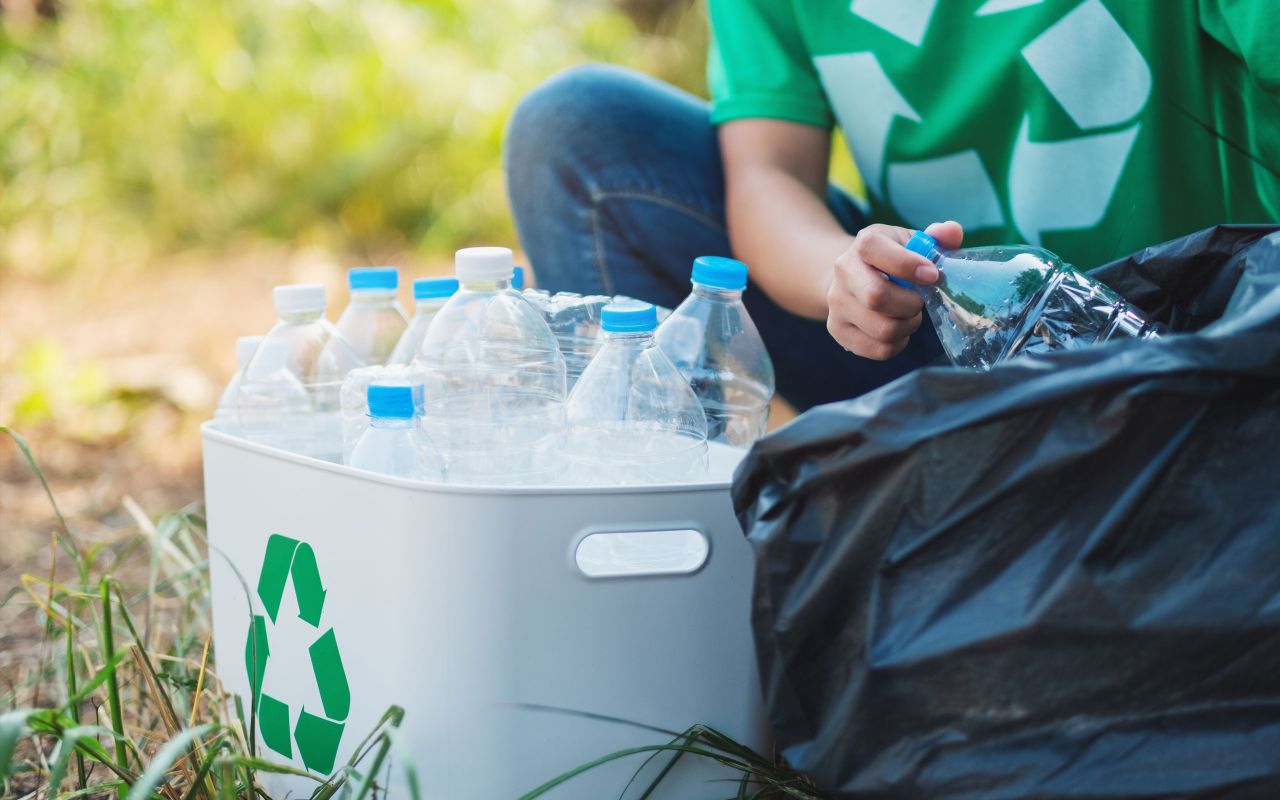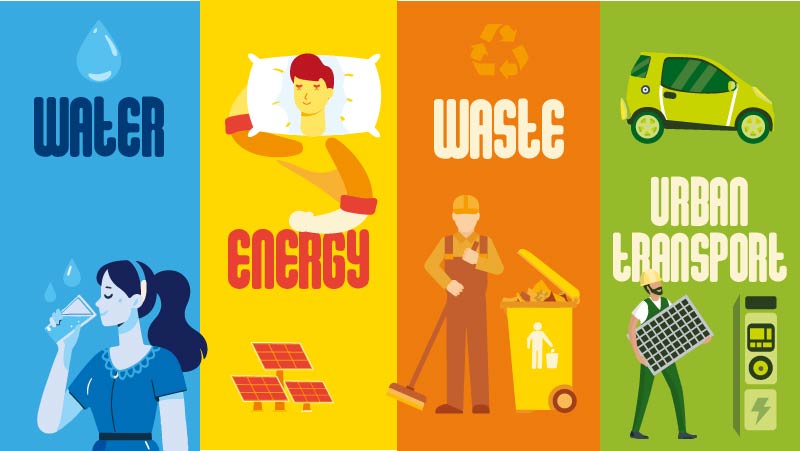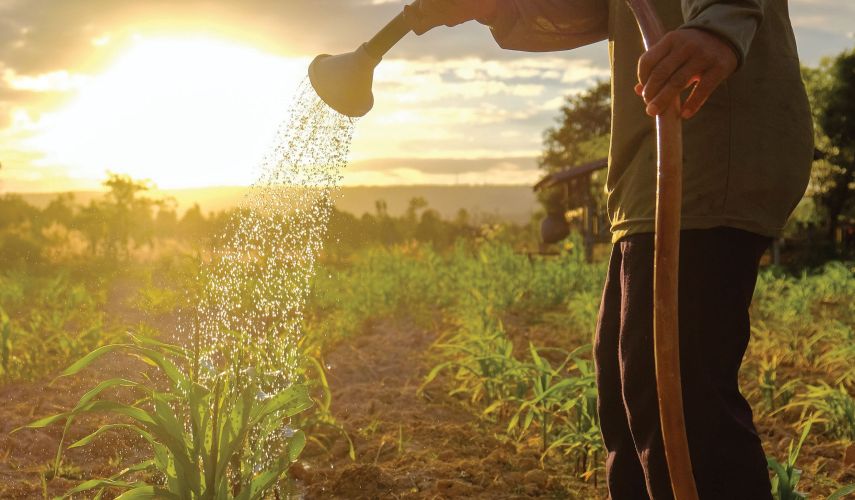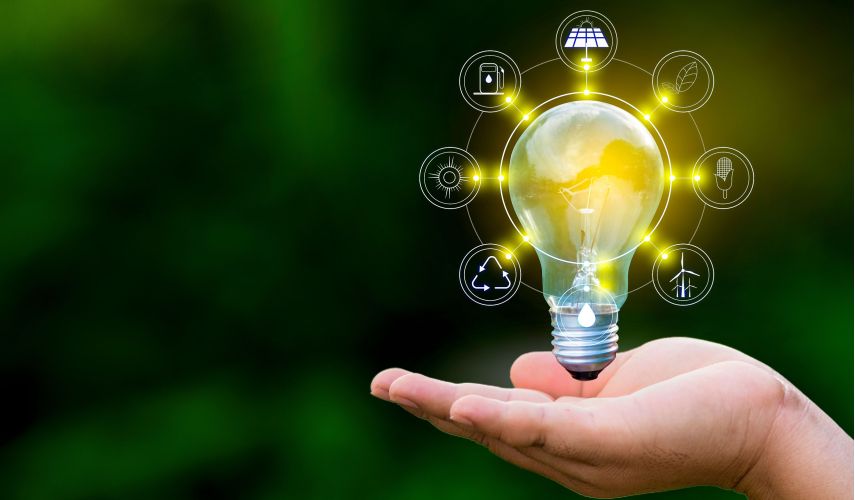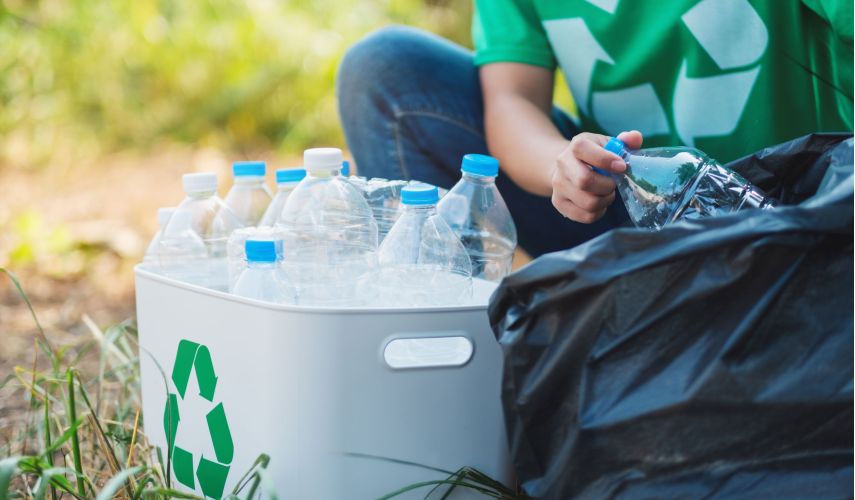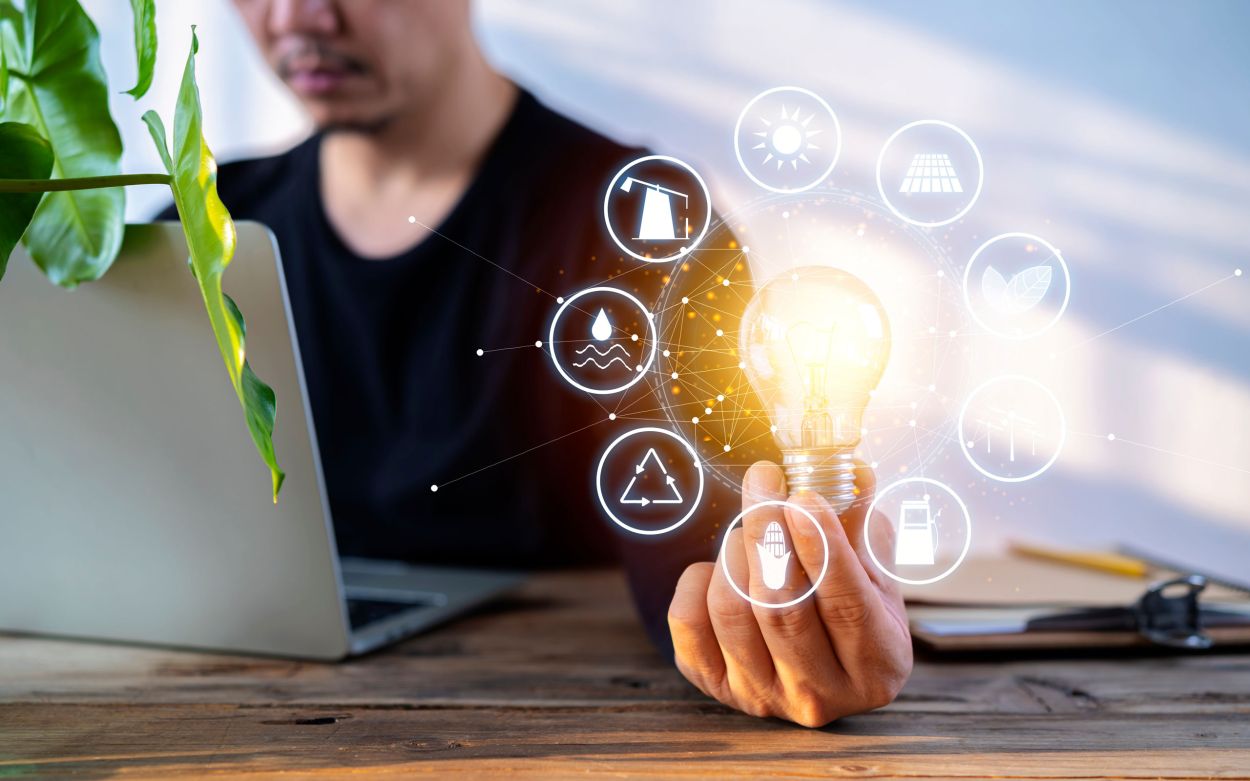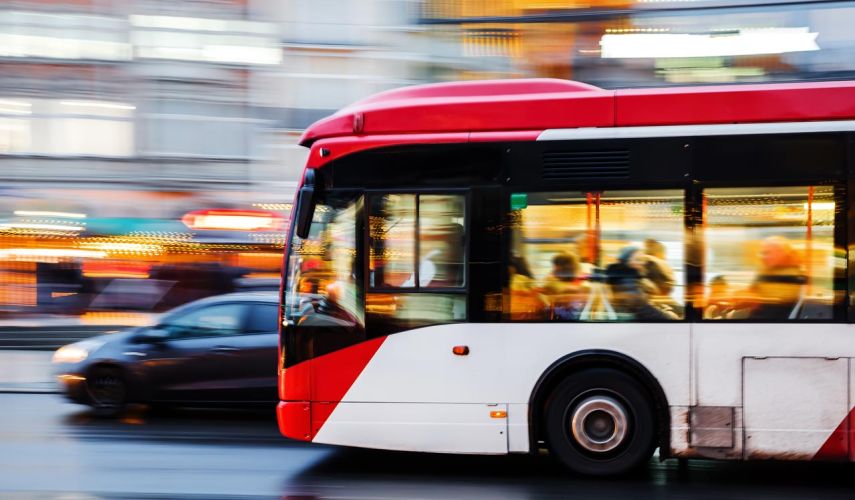
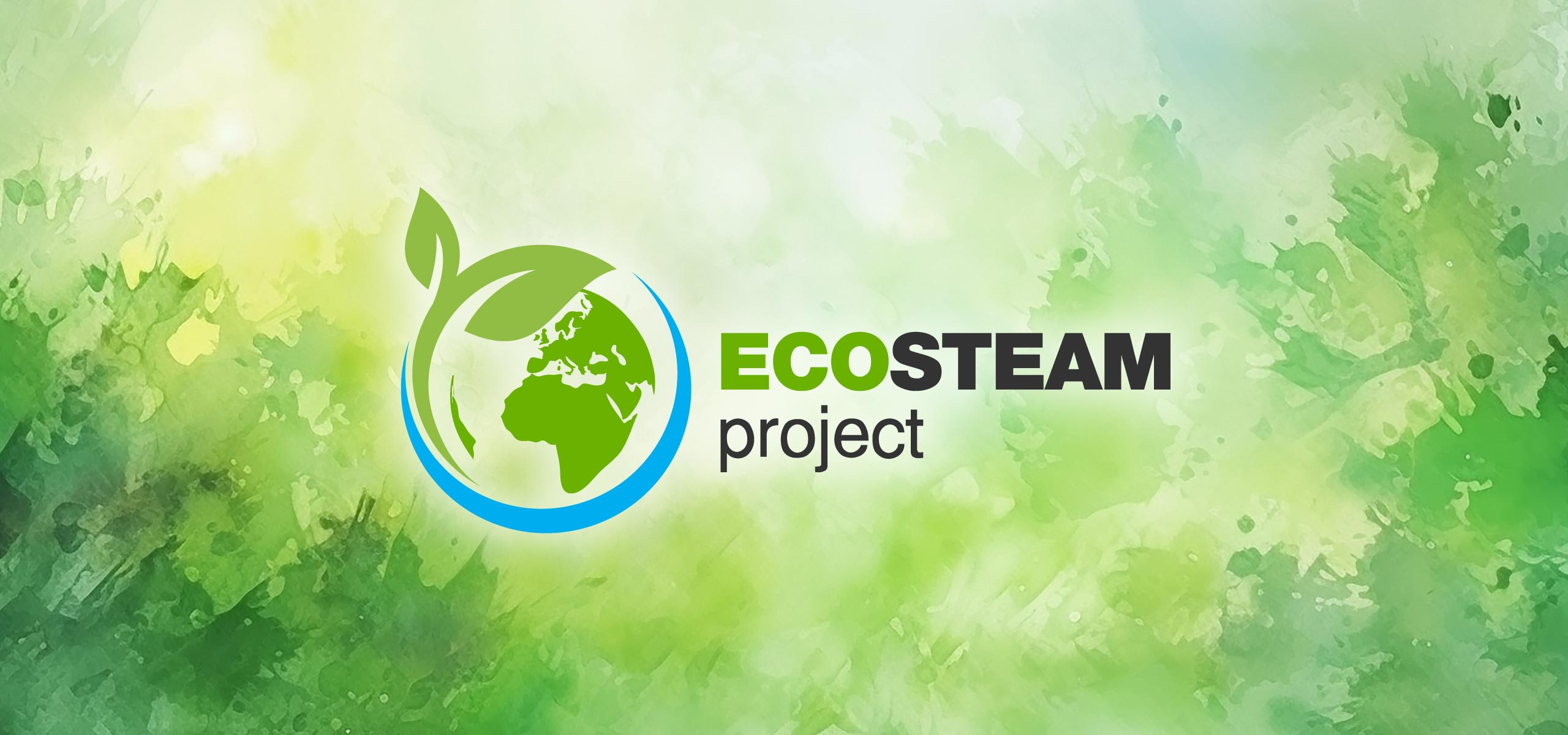
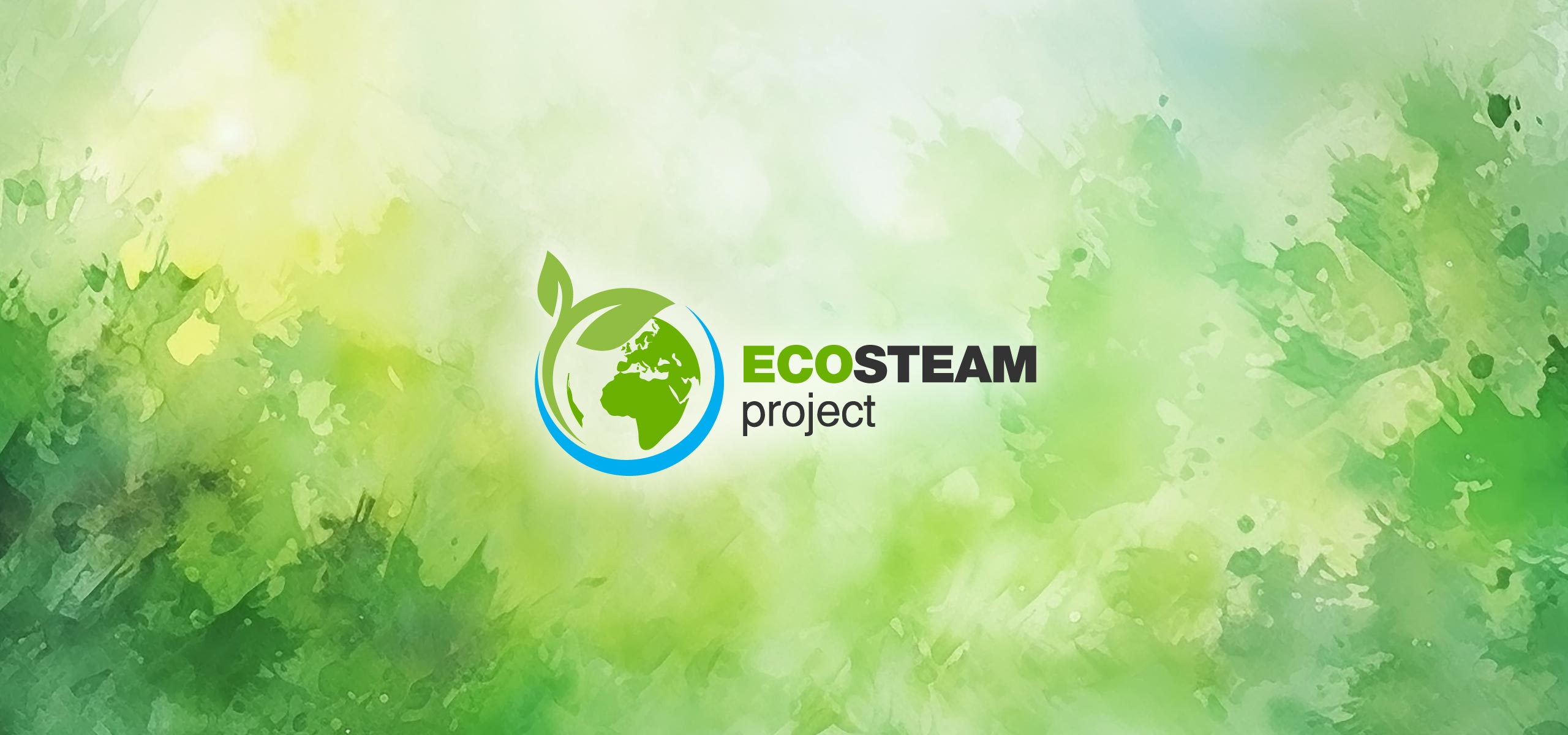
practices for sustainable use of resources and for the reduction of consumption
The ECOSTEAM project promotes innovative and engaging teaching on the use of STEAM. Science, Technology, Engineering and Mathematics are taught with the use of Art, a creative and effective communication channel. The themes developed by the project are water, waste, energy and transport. The topics covered are essential for making children understand how a city works and how much work is needed to manage it. Research institutions, Municipalities and utilities are involved to share and make public the good practices implemented by companies in the management of water, energy, waste and transport and collaborate with schools in creating effective and coordinated educational paths on the various topics which allow highlight the good practices for sustainable use of resources and for the reduction of consumption. ECOSTEAM offers didactic materials and a methodological guide for the study of STEAM in curricular teaching.
The project is dedicated to high schools throughout all Europe.
Ecosteam HANDBOOK


International Conference
“Education for sustainable cities”
29/05/2025

Water is an element linked to life
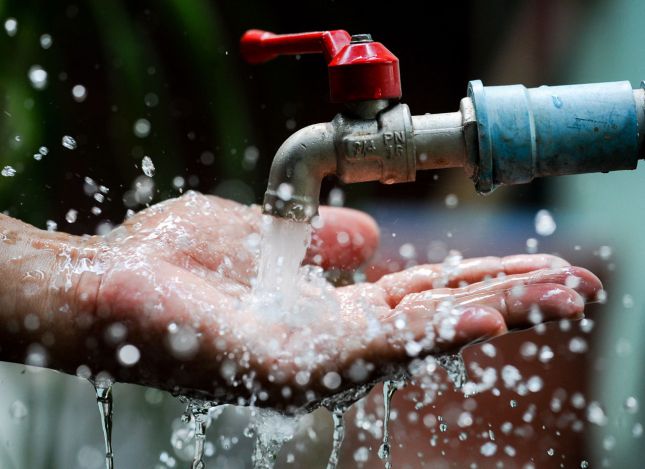
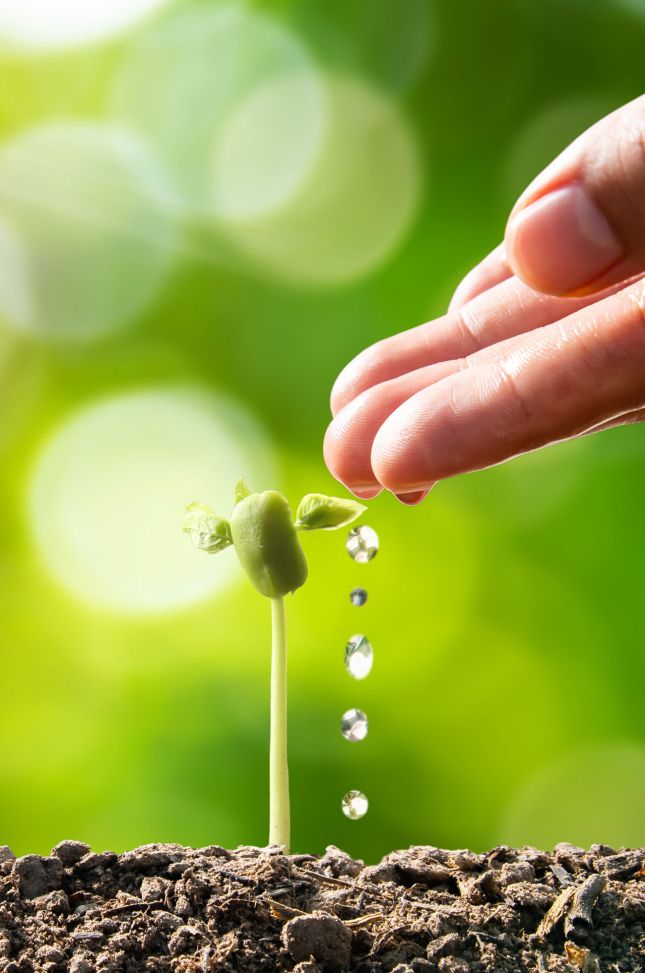
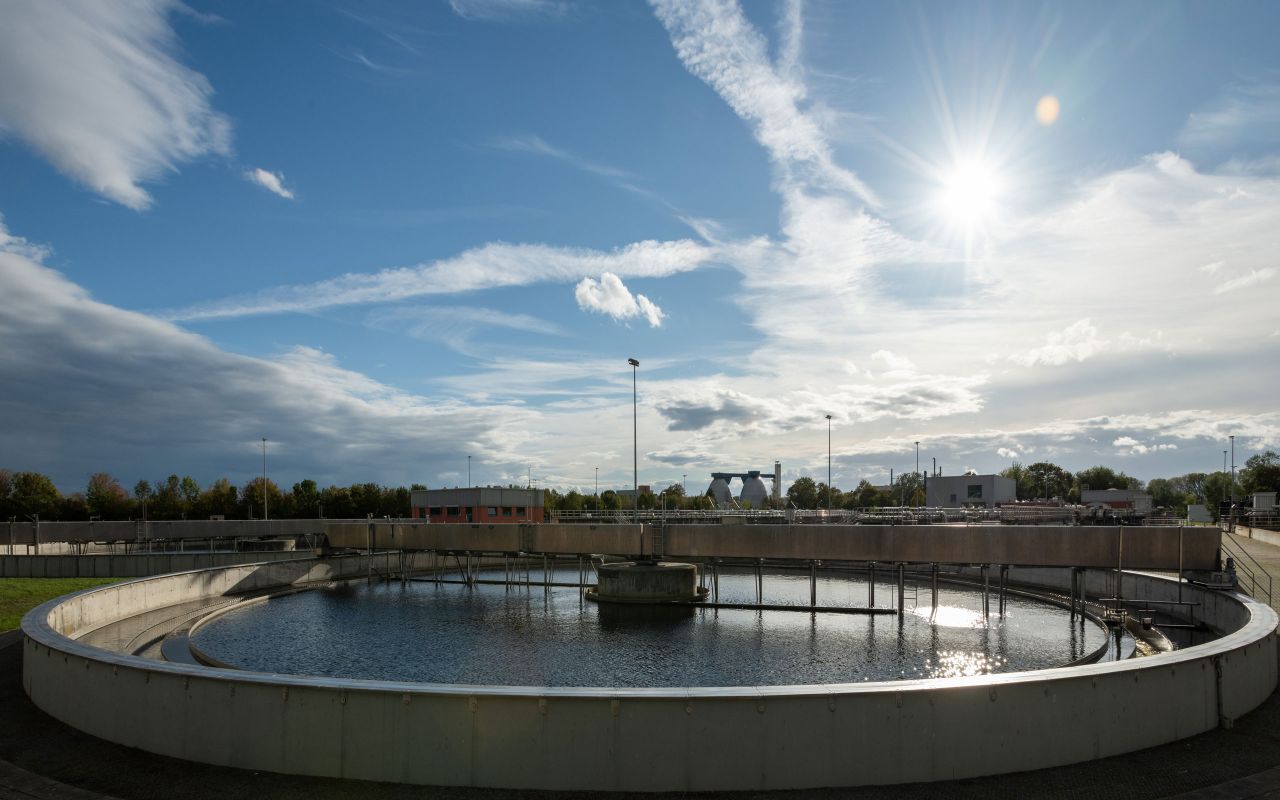
We know little about what is 'behind' the energy we consume

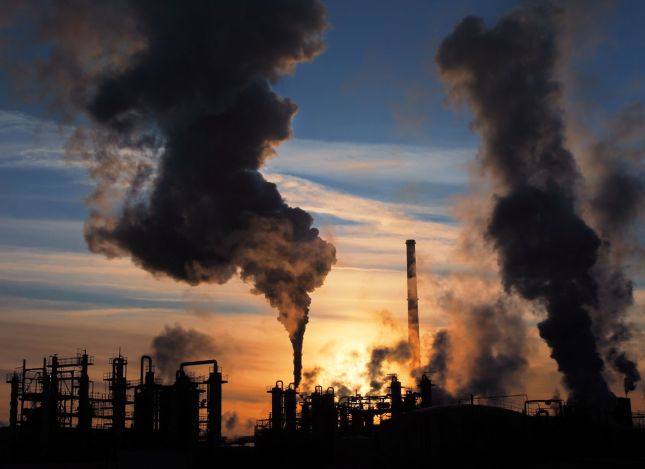
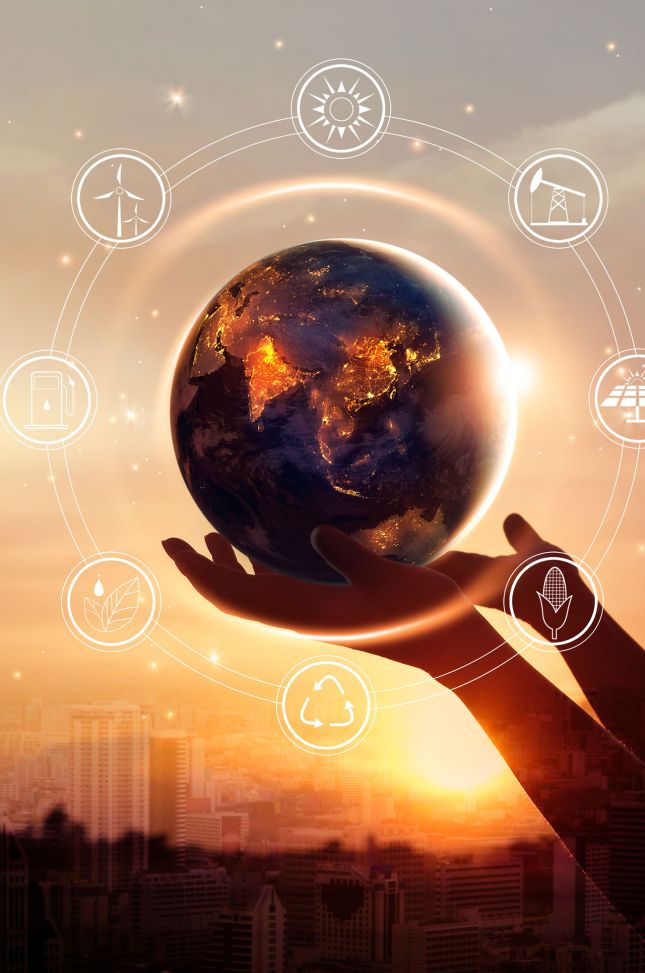
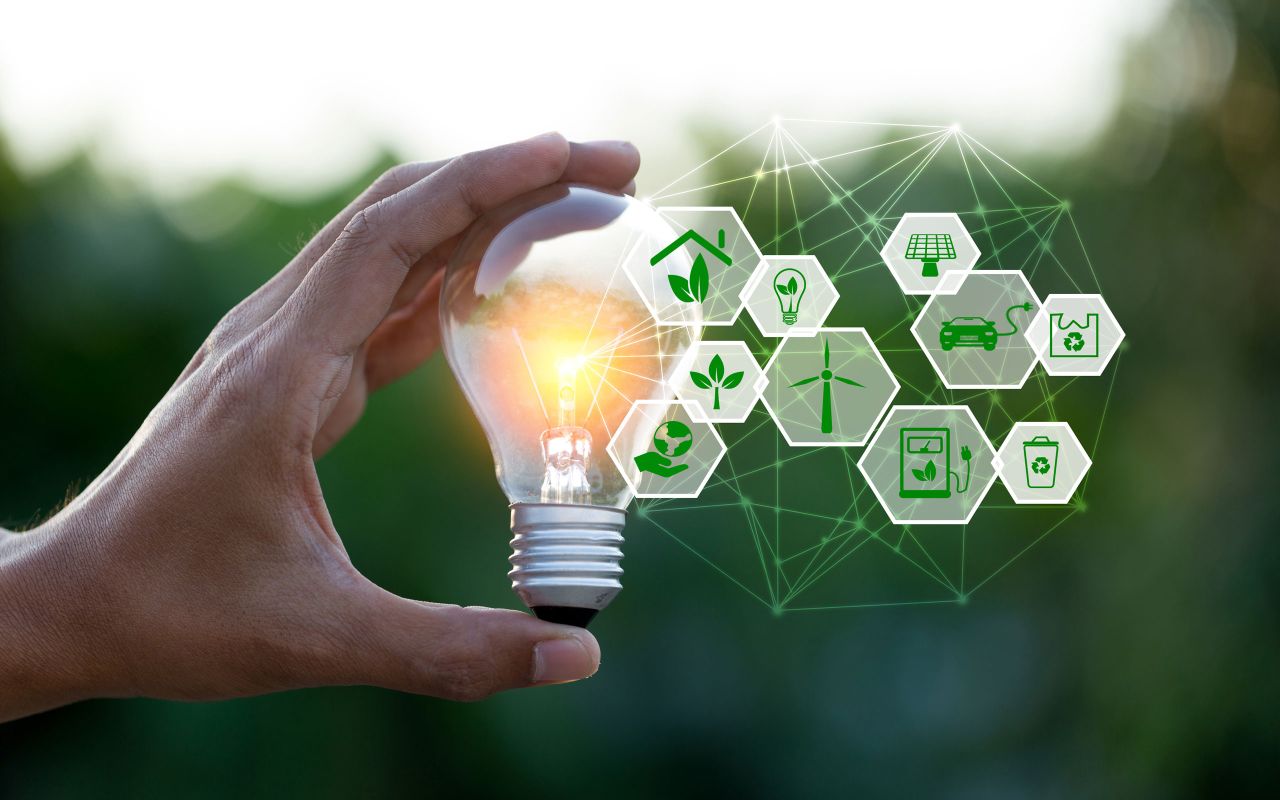

We move all the time
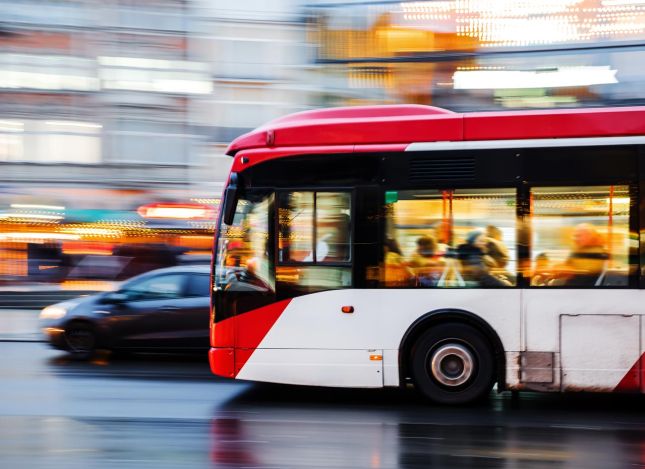
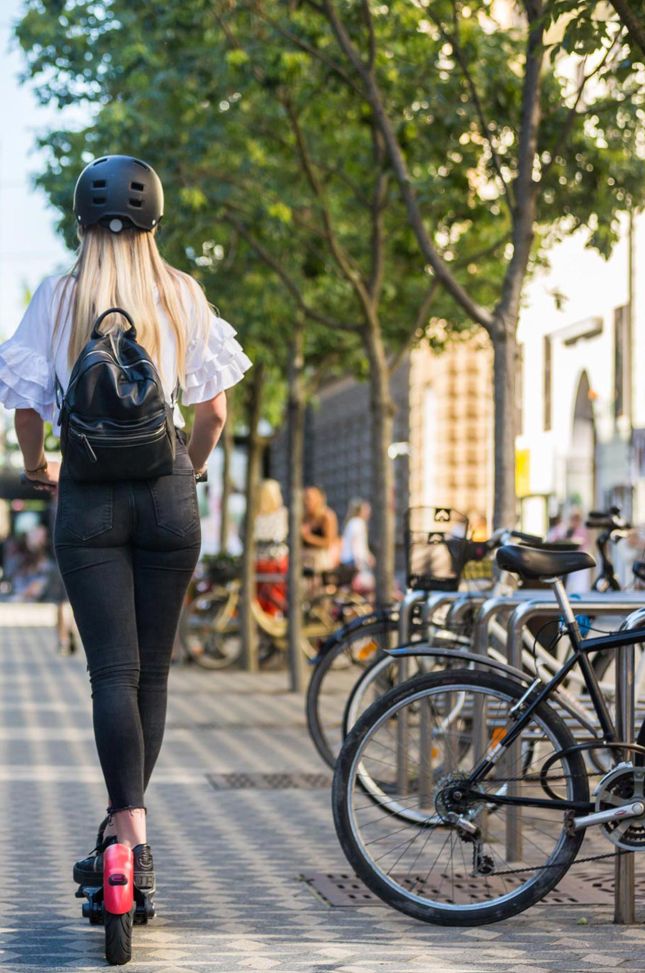
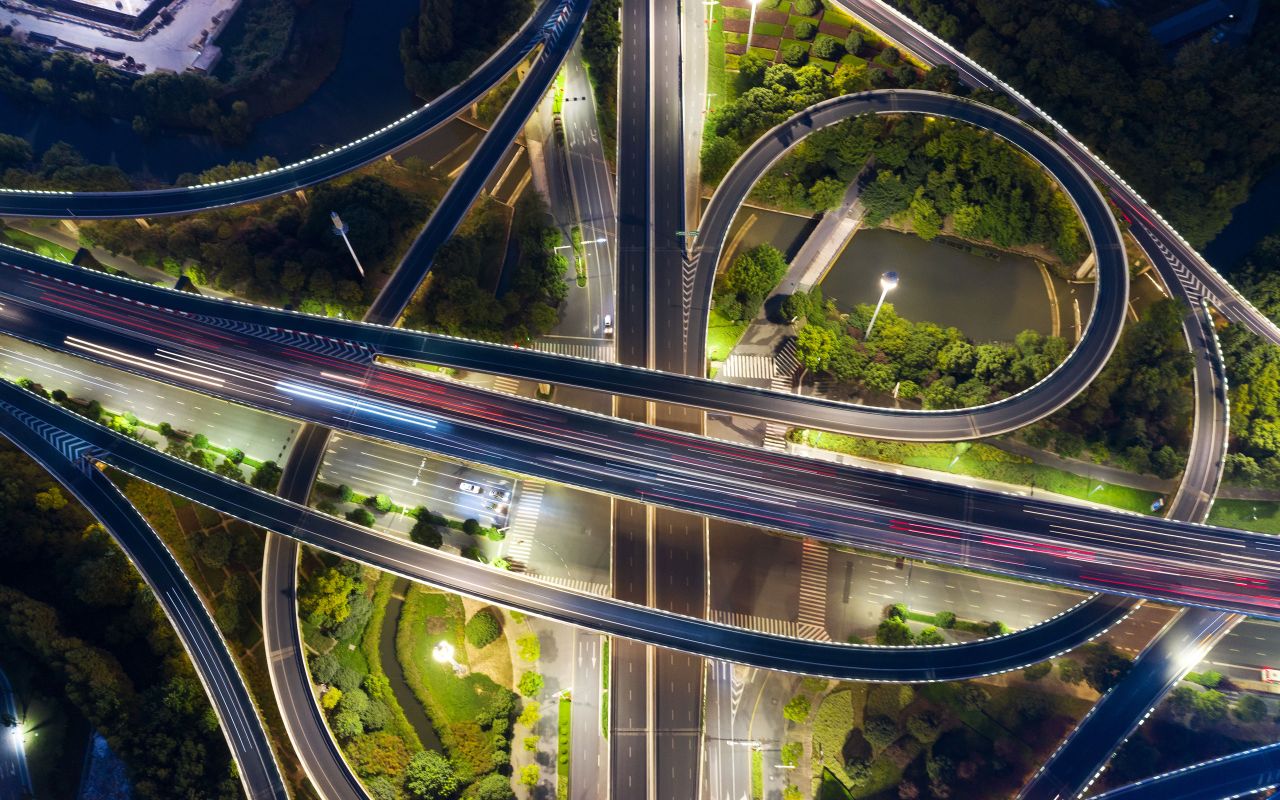
The management of the Integrated Waste Cycle

